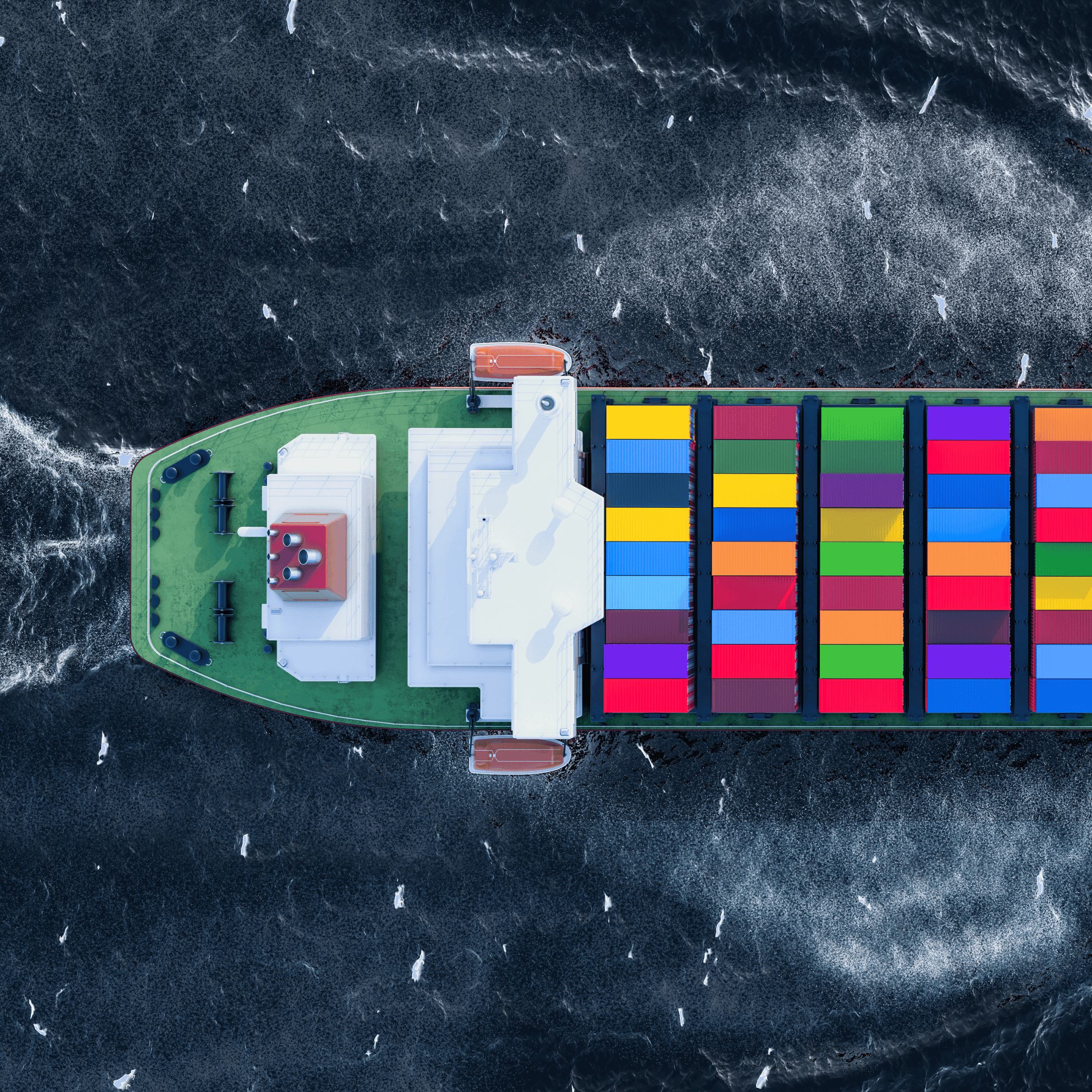Introduction
Third-Party Logistics, or 3PL, refers to the outsourcing of logistic services which encompass storage, transportation, and distribution tasks by companies to specialized service providers. As globalization evolves, so does the complexity of the supply chain, enhancing the role of 3PL providers in connecting producers with markets across various geographies. This analysis delves into the driving forces behind the growth of the 3PL market and the challenges it faces.
Growth Drivers
Globalization
As markets become more interconnected, companies are increasingly relying on 3PL providers to facilitate their global distribution and logistics operations, leveraging their network and expertise to optimize supply chain performance.
E-commerce Boom
The meteoric rise of e-commerce has resulted in a surge in demand for logistics and distribution services. 3PL providers have played a pivotal role in fulfilling the complex logistical requirements, including warehousing, transportation, and last-mile delivery, which are critical for e-commerce operations.
Technological Advancements
The adoption of technologies such as Artificial Intelligence (AI), Internet of Things (IoT), and Blockchain within the logistics sector has enabled 3PL providers to offer more efficient, reliable, and cost-effective solutions.
Focus on Core Competencies
Companies are focusing more on their core competencies and are thus outsourcing non-core activities like logistics and supply chain management to 3PL providers. This allows firms to concentrate on innovation, product development, and other strategic initiatives.
Regulatory Compliance
3PL providers have the expertise to navigate through complex regulatory landscapes, helping companies to comply with various regional and global regulations, thus reducing risks and enhancing compliance.
Challenges
Capacity Constraints
The 3PL market is facing capacity constraints due to an increase in demand, which has led to challenges in meeting customer expectations, potentially increasing costs and decreasing service levels.
Fluctuating Fuel Prices
Volatile fuel prices pose a significant challenge for 3PL providers, as fluctuations can impact the cost structures and profit margins, making long-term planning difficult.
Data Security and Privacy Concerns
With the increasing reliance on technology, 3PL providers are grappling with issues related to data security and privacy. The need for robust cybersecurity measures is imperative to protect sensitive data and maintain customer trust.
Labor Shortages
The 3PL sector faces labor shortages, particularly in warehousing and transportation. Recruiting and retaining skilled personnel has become increasingly challenging, with potential repercussions on service quality and efficiency.
Geopolitical Issues
Geopolitical tensions and trade wars can disrupt the global supply chain, posing a significant challenge for 3PL providers who have to constantly adapt to changing trade policies and tariffs.
Conclusion
The 3PL market is witnessing substantial growth driven by globalization, e-commerce expansion, and technological advancements. Companies are increasingly relying on 3PL providers to enhance their supply chain efficiency and focus on their core business operations. However, the industry also faces several challenges including capacity constraints, fluctuating fuel prices, data security concerns, labor shortages, and geopolitical issues. To sustain growth and stay competitive, 3PL providers need to adopt innovative solutions, invest in technology, and develop strategies to mitigate these challenges effectively.
Recommendations
To navigate through these challenges, it is imperative for 3PL providers to:
Invest in Technology: To enhance efficiency and service quality.
Develop Strategic Partnerships: Collaborate with other stakeholders to expand their service offerings and geographical reach.
Focus on Sustainability: Implementing eco-friendly practices can be a competitive advantage.
Training and Skill Development: To address labor shortages and improve workforce productivity.
Robust Risk Management Strategies: To mitigate the impact of geopolitical issues and fluctuating fuel prices.
By addressing these challenges proactively, 3PL providers can position themselves to capitalize on the growing opportunities in the market, offering comprehensive, reliable, and efficient services to their clients.






